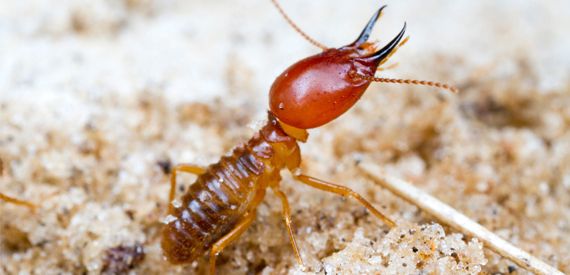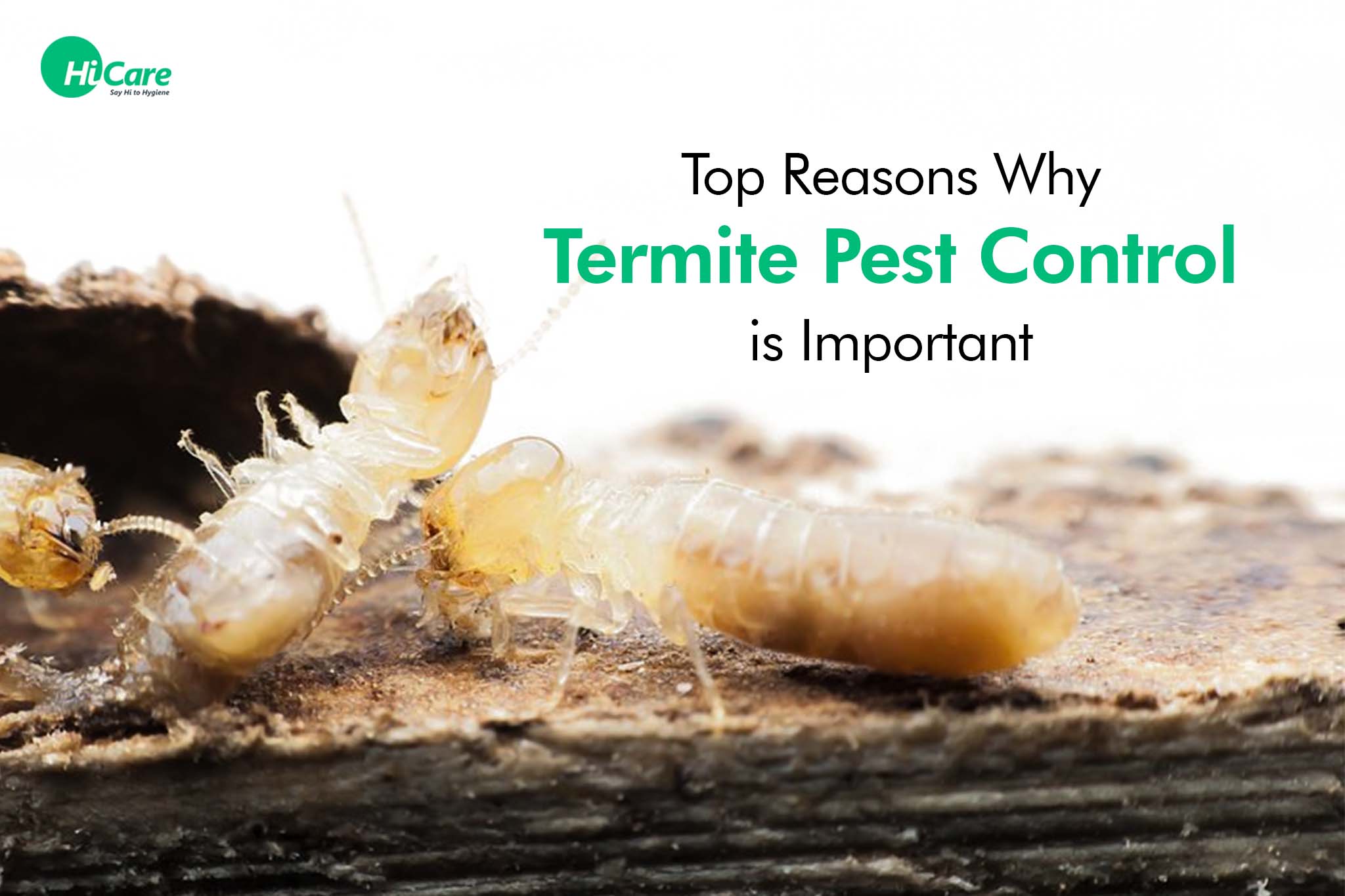Environmental Impact of Bug Control: Balancing Effectiveness With Sustainability
The environmental impact of insect control is a vital concern that calls for a fragile equilibrium in between achieving effectiveness in taking care of pests and making sure sustainability of our environments. From the usage of hazardous chemicals that leak into our dirt and water to the unintended repercussions on non-target types, the effects of traditional insect control practices are far-reaching.
Damaging Chemicals in Insect Control
The utilization of unsafe chemicals in parasite control positions substantial ecological and wellness threats that call for cautious consideration and reduction methods. Insecticides, herbicides, and pesticides are frequently utilized to eliminate bugs, yet their prevalent application can bring about unplanned repercussions. These chemicals can pollute soil, water sources, and the air, influencing not just the targeted parasites however likewise helpful bugs, wildlife, and human beings.

To deal with these risks, integrated pest management (IPM) techniques are being promoted as a more lasting choice. IPM includes a combination of approaches such as biological control, habitat control, and the targeted use pesticides as a last option (ant control davidson nc). By embracing an alternative method to pest control, we can minimize the environmental and wellness effects related to harmful chemicals while properly handling pest populaces
Effect On Non-Target Types
Taking into consideration the unexpected consequences of bug control methods, the impact on non-target types is an important aspect that calls for extensive assessment. While bug control measures aim to target details insects, various other organisms in the environment may be accidentally affected. Non-target types, consisting of useful bugs, birds, mammals, and also plants, can experience indirect or direct damage from chemical applications or biological control techniques.
Pesticides can have lethal or sub-lethal results on non-target species. As an example, pesticides developed to deal with a particular bug parasite may hurt pollinators like or all-natural predators such as ladybugs. In addition, chemical residues can build up in the atmosphere, impacting non-target microorganisms over time. Biological control agents, if not species-specific, can present risks to unintentional targets, interrupting the environmental balance.
To mitigate the effect on non-target varieties, incorporated bug administration (IPM) strategies that stress an all natural technique to pest control are suggested. These methods focus on making use of environmentally friendly techniques, minimizing injury to beneficial organisms while properly handling pest populations. Conducting thorough threat evaluations and checking the results of pest control initiatives are necessary action in safeguarding non-target varieties and advertising overall ecological community wellness.
Soil and Water Contamination
Unintentional ecological consequences of insect control approaches extend beyond affecting non-target types, with substantial ramifications for dirt and water contamination - ant control services. Chemicals, herbicides, and chemical plant foods made use of in pest control can leach into the dirt and infect groundwater, posturing a threat to both terrestrial and water environments.
Water contamination is another critical concern linked with bug control practices. To mitigate dirt and water contamination from parasite control tasks, integrated pest monitoring methods that prioritize sustainability and decrease chemical inputs are crucial.
Air Air Pollution From Chemical Use
Direct exposure to air-borne pesticides during farming applications presents a significant concern for air contamination control steps. They can volatilize right into the air and type volatile natural compounds (VOCs) and other air-borne pollutants when chemicals are sprayed onto plants - termite control. These chemicals can add to the development of ground-level ozone, a major part of smog that can have destructive impacts on human wellness, plant efficiency, and general air high quality. Additionally, chemical drift, where chemicals are lugged by the wind to unexpected areas, can cause the contamination of nearby ecological communities and water bodies.

Methods for Sustainable Bug Control
In the realm of farming methods, applying lasting parasite control approaches is critical for preserving environmental balance and protecting crop yields. Sustainable bug control stresses the usage of eco-friendly techniques to handle insect populaces properly while minimizing harm to non-target microorganisms and ecosystems. Integrated Pest Monitoring (IPM) is an extensively taken on method that incorporates biological, cultural, physical, and chemical control techniques to achieve long-term insect administration services.
One key strategy in lasting bug control is promoting biodiversity within agroecosystems. By boosting all-natural opponents of insects, such as predators and parasitoids, farmers can minimize the need for artificial chemicals. Plant rotation and diversity are likewise effective strategies to interrupt pest life cycles and develop less positive conditions for parasites to prosper. Additionally, making use of pest-resistant crop varieties pop over to these guys and using methods like catch chopping can help lower bug pressure without counting heavily on chemical treatments. Eventually, by integrating these sustainable pest control methods, farmers can achieve a balance in between pest administration performance and environmental stewardship.
Conclusion
In verdict, the environmental impact of bug control methods must be carefully taken into consideration to balance performance with sustainability. Damaging chemicals used in bug control can bring about soil and water contamination, air pollution, and damage non-target types - ant control. It is important to implement lasting bug control approaches to minimize these negative effects on the atmosphere and promote a much healthier ecosystem for future generations
By adopting a holistic method to pest control, we can reduce the ecological and wellness influences linked with unsafe chemicals while effectively managing pest populations.

To minimize the air pollution triggered by chemical use, it is necessary to adopt integrated insect monitoring techniques that focus on the usage of non-chemical pest control techniques, such as plant turning, all-natural killers, and immune plant ranges. Sustainable insect control emphasizes the use of ecologically friendly techniques to take care of pest populations successfully while minimizing damage to non-target organisms and ecological communities. Integrated Insect Monitoring (IPM) is an extensively adopted method that integrates biological, social, physical, and chemical control approaches to attain long-term parasite management solutions.
Comments on “Budget Friendly Ant Control Solutions: Maintain Your Space Ant-Free”